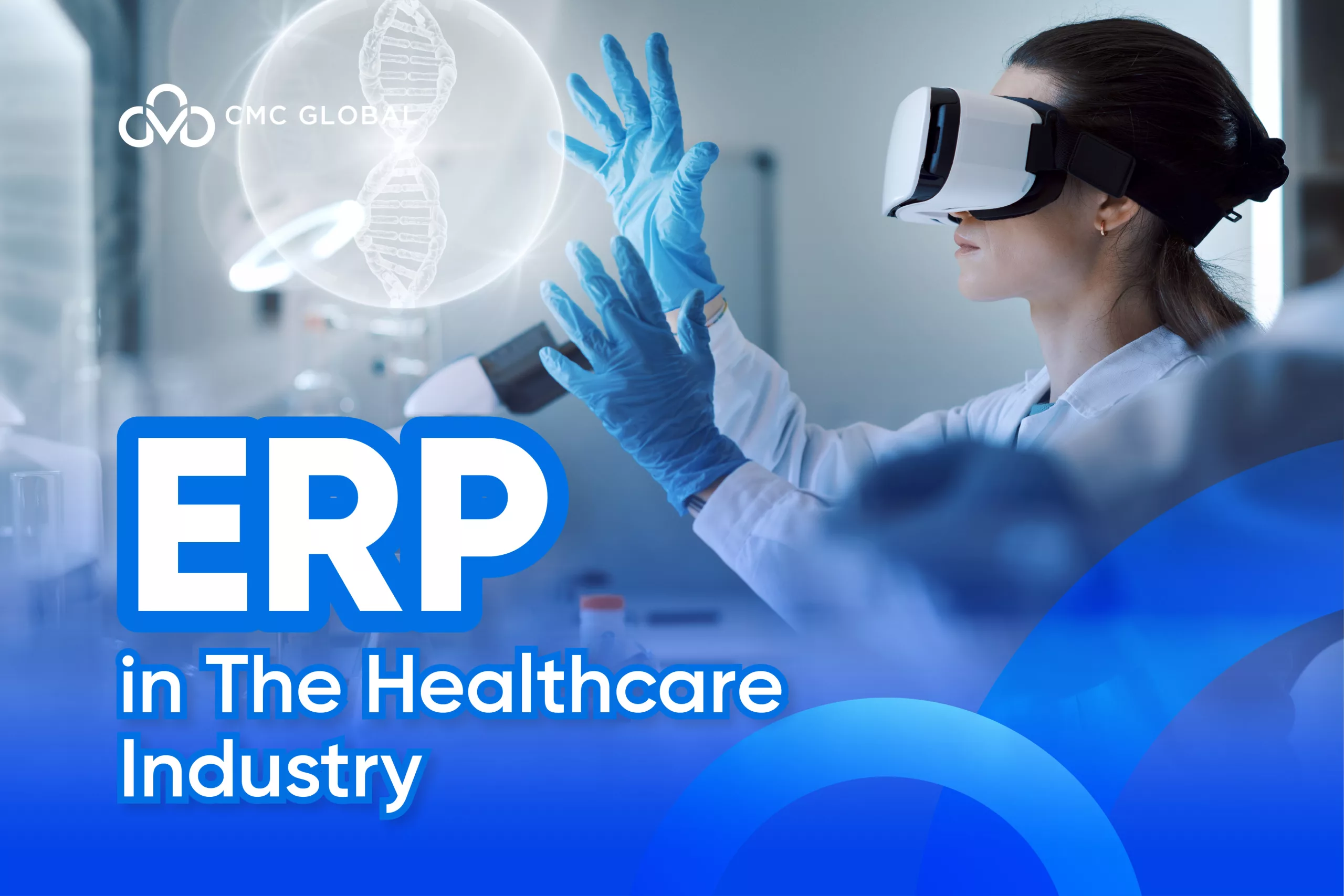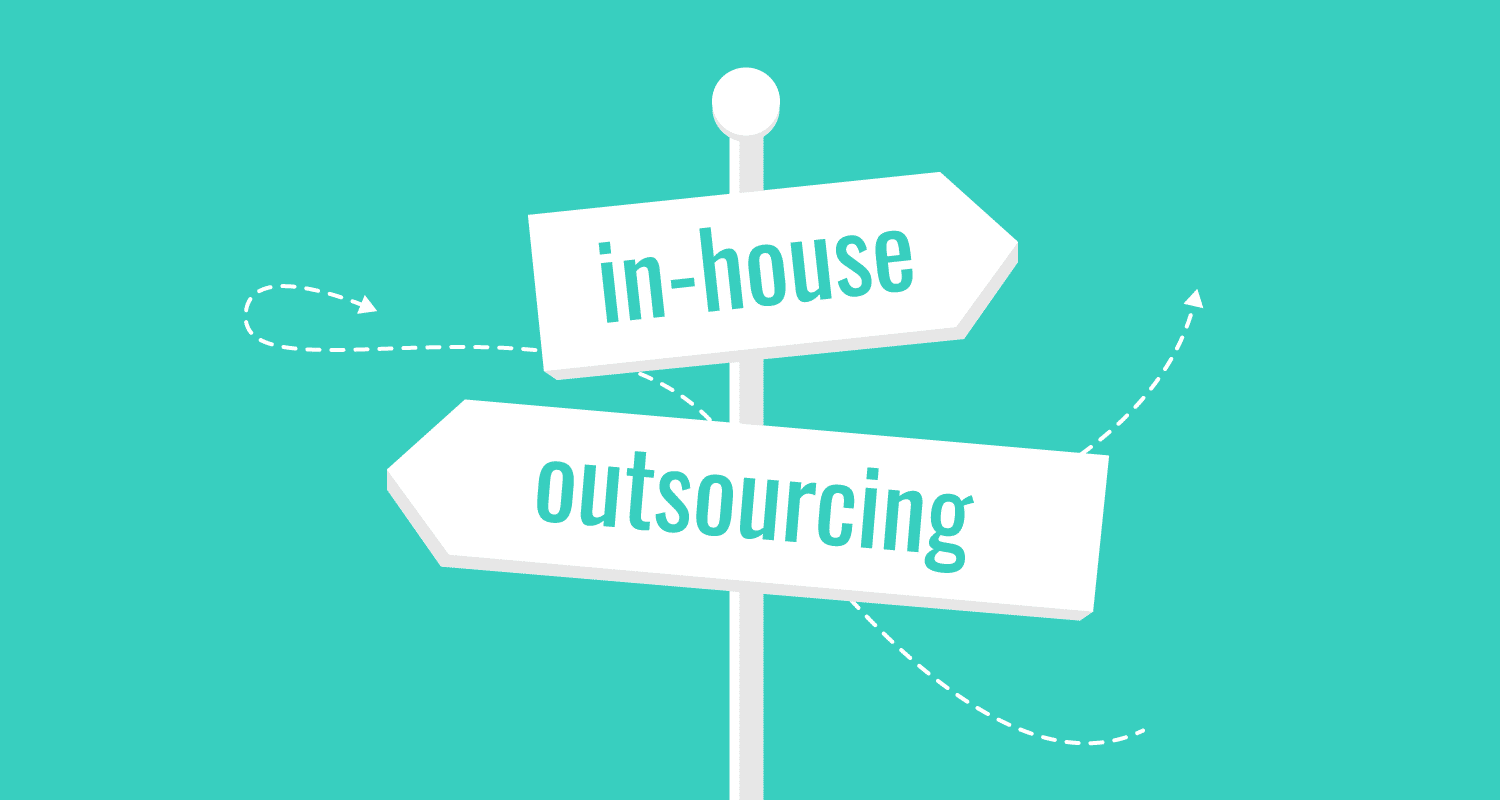As healthcare businesses expand and adapt, a strong and efficient healthcare enterprise resource planning (ERP) system becomes increasingly crucial. In this blog, we will look at the essential features and benefits of healthcare ERP software, as well as why so many professionals use it. But first, we’ll look at the most popular healthcare ERP solutions available.
ERP Benefits for Healthcare Organizations
Implementing ERP systems for healthcare organizations can offer several benefits, including:
#1 Increased Efficiency
Healthcare ERP system solutions can automate numerous administrative duties for healthcare facilities, allowing providers to devote more time to patient care. It can also simplify financial management processes, lowering the risk of errors and enhancing efficiency.
#2 Enhanced Patient Care
Healthcare providers with access to real-time patient information can make data-driven, informed patient management and care decisions. This can lead to improved patient outcomes and increased levels of patient satisfaction.
#3 Improved reporting and analytics
Healthcare ERP software’s reporting and analytics features can provide insight into patient care, financial performance, and administrative activities. This data can be used to discover areas for improvement and initiate positive change.
#4 Better financial management
Organizations can make more informed financial decisions with real-time access to financial data. ERP systems for healthcare professionals have financial management skills that can help firms cut costs, generate revenue, and enhance their bottom line.
9 Popular Healthcare ERP Solutions
#1 Epic
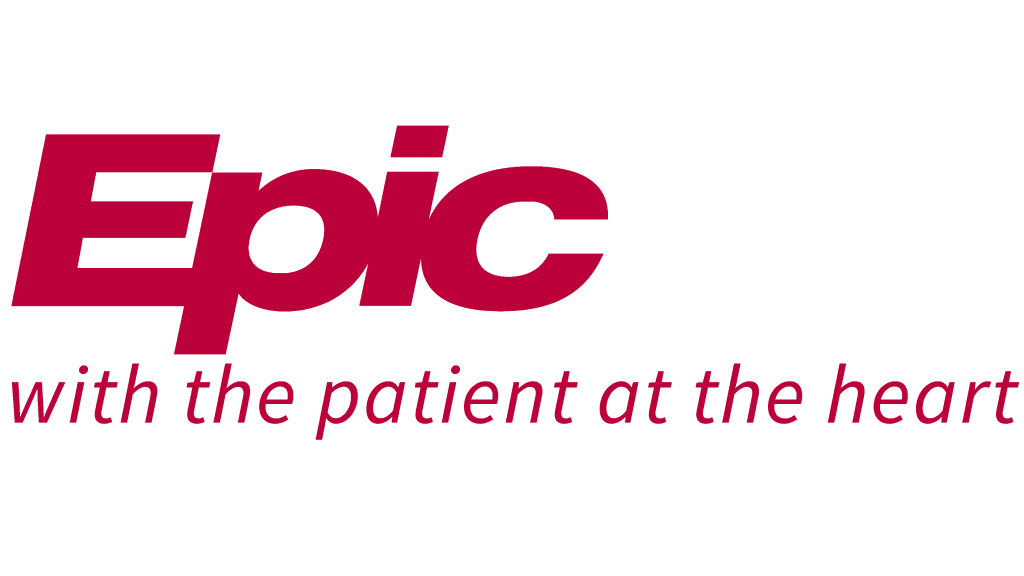
Epic is one of the world’s largest EHR firms, with over 250 million patients using its platform. The company offers a fully integrated EHR, practice management, and revenue cycle management solution. Epic is well-known for its user-friendly interface, rich documentation, and customizable templates.
Epic offers clinical decision assistance, electronic prescribing, and patient engagement solutions. The company also provides a HIPAA-compliant patient portal where patients may examine their records and contact their healthcare professionals.
Pros
- Easy-to-use ERP system interface
- Comprehensive documentation
- Templates can be customized
- Providing clinical decision support
- Online prescribing
- Instruments for patient engagement
Cons
- Costly for small healthcare institutions
- Longer implementation process than other SaaS ERP solutions
- May be challenging to combine with other healthcare-specific systems
#2 WebPT

WebPT is a cloud-based healthcare ERP solution dedicated to physical therapy practices and healthcare organizations. The organization provides various capabilities, including adjustable templates, scheduling, billing, and clinical decision support. WebPT also has patient interaction features like a patient portal and automated appointment reminders.
Pros
- Healthcare-specific software created for professionals working in physical therapy practices.
- Customizable ERP system templates
- Resources for clinical decision support and patient participation.
- Cloud-based ERP throughout the enterprise.
Cons
- Limited customer support
- Limited scope of practice
#3 Cerner

Cerner is another prominent EHR and ERP software company that offers a wide range of healthcare solutions. Their EHR system consists of clinical decision support, order input, medication management, and electronic prescribing. Cerner also provides revenue cycle, practice management, and patient engagement tools. Cerner offers adjustable templates, patient tracking, and patient portal access.
Pros
- Adjustable templates
- Electronic prescribing
- Revenue cycle management
- Practice management
- Clinical decision support
Cons
- Costly
- Hard to learn
- Poor customer support
#4 eClinicalWorks
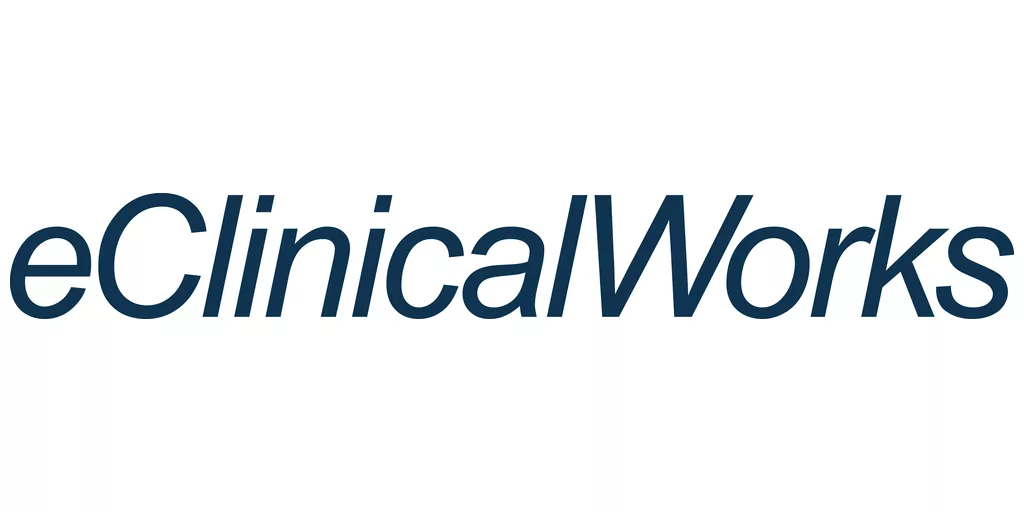
eClinicalWorks is an ERP software firm that offers a variety of products for healthcare practitioners, such as EHR software, practice management software, and patient engagement tools. The company caters to various healthcare organizations, including hospitals, clinics, and private practices.
Pros
- Provides a wide variety of software tools to help healthcare providers enhance their operations and care management.
- EHR software is highly configurable and may be adapted to meet the demands of various healthcare organizations.
- ERP solutions provide various additional features and capabilities, including patient portals and appointment scheduling.
Cons
- Some clients have reported problems with eClinicalWorks’ customer service, especially in resolving technical concerns.
- The software can be costly, especially for small healthcare organizations.
- Concerns were raised about the security of patient data on the eClinicalWorks platform
#5 Practice Fusion
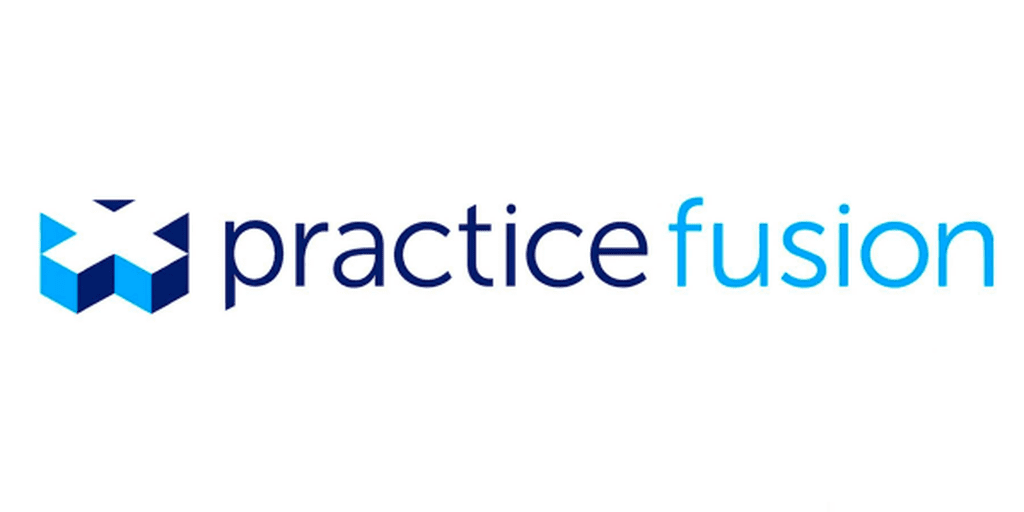
Practice Fusion is a healthcare ERP software that aims to assist providers manage their practices more efficiently. The platform provides various tools and capabilities to help care professionals manage patient records, billing, and other tasks.
Pros
- Simple to use
- Offers customizable options
- HIPAA-compliant billing software options can help businesses manage their revenue cycle more efficiently
- Excellent customer support
- A great choice for small organizations or those with restricted funds
Cons
- Provides several premium add-ons and features, which may increase the cost of practices.
- Some users reported that the platform may be slow to load sometimes.
- Not provide as many advanced features as some of its competitors.
#6 Meditech Expanse
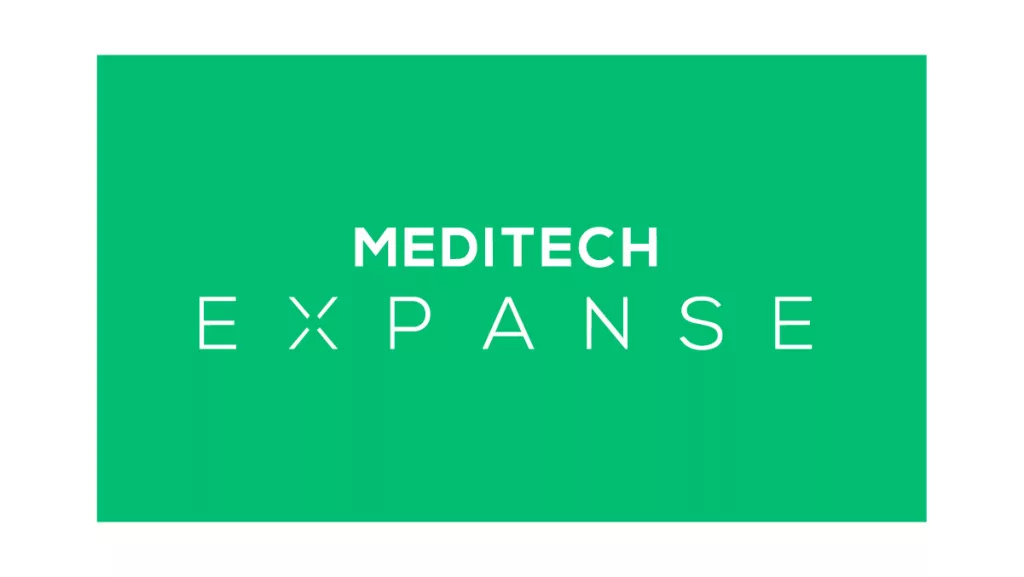
Meditech Expanse is a cloud ERP solution with various functions like patient scheduling, clinical documentation, and engagement. It is best suited for small to mid-sized healthcare providers.
Pros
- User-friendly interface throughout the organization.
- Affordable pricing for healthcare providers.
- Features include financial management and a customizable cloud-based ERP system.
Cons
- Limited customer support choices.
- May not be appropriate for large healthcare companies.
- May not provide as much customization as other EHR software options.
#7 Allscripts EHR
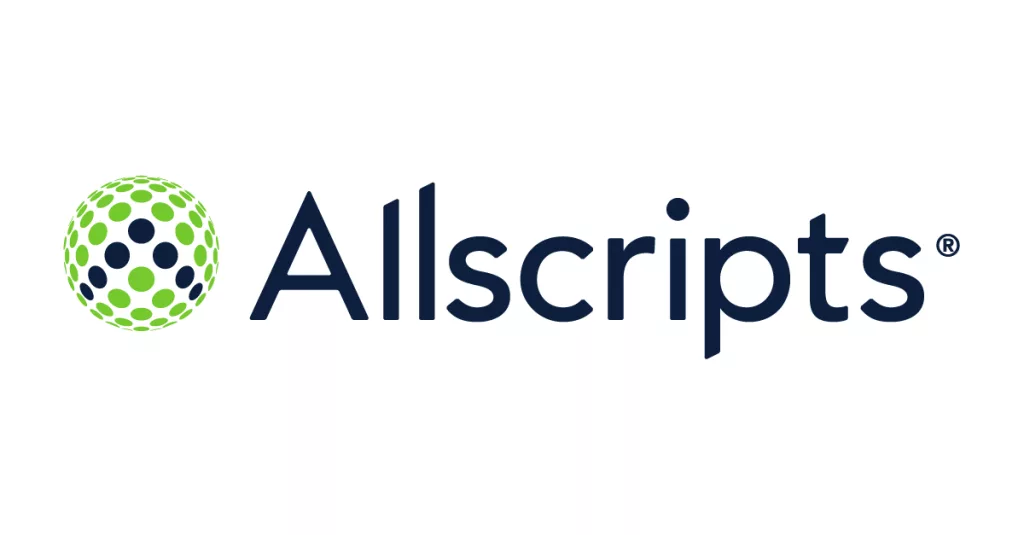
Allscripts EHR is a powerful EHR software with features including electronic prescribing, patient portal, and clinical recording. It is ideally suited for medium- to large-sized healthcare organizations.
Pros
- Provides various features across the organization, including financial management and supply chain management.
- Healthcare-specific patient portal.
- Strong customer support alternatives for healthcare firms to meet patient needs.
- Can be tailored to specific organizational needs.
Cons
- Can be costly.
- Some users have reported that the software is not always user-friendly.
#8 Advanced MD
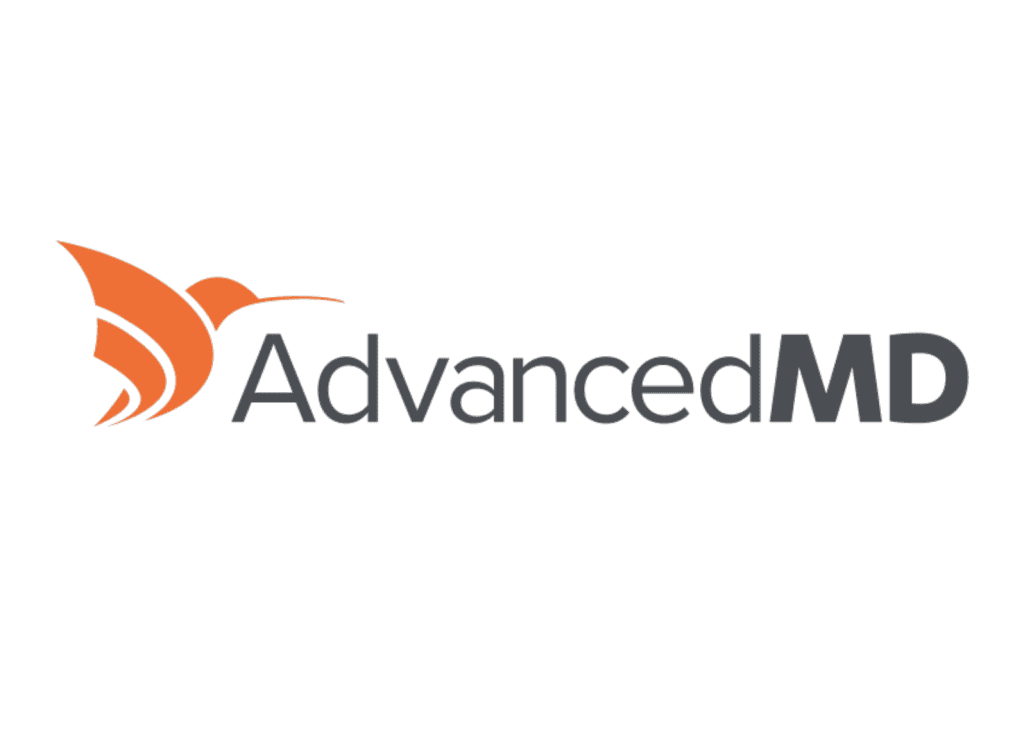
Advanced MD is a cloud-based EHR software that includes capabilities including electronic prescribing, patient scheduling, and revenue cycle management. It’s ideal for small to medium-sized healthcare institutions.
Pros
- User-friendly interface
- Prices are affordable.
- Provides a wide range of features.
- Provides a comprehensive billing and revenue cycle management module.
Cons
- Limited modifying options.
- Some users have reported delays in system response times.
- Limited reporting functionality.
#9 Kareo
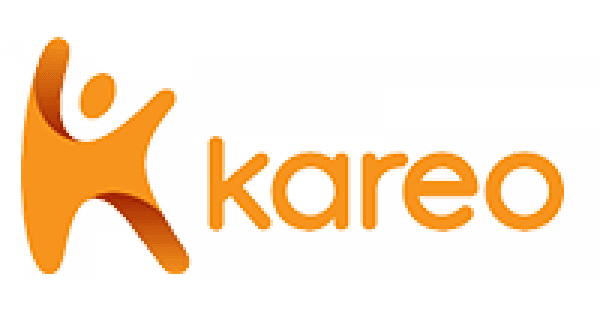
Kareo is a cloud-based ERP solution intended to meet the demands of a small healthcare organization or independent practice. The platform includes a set of tools for healthcare organizations to handle patient records, billing, and appointment scheduling. The Kareo EHR platform is intuitive and simple to use, and it is optimized for mobile devices.
Pros
- This cost-effective EHR solution is ideal for small practices wanting to save money.
- The healthcare ERP software is user-friendly and simple to learn.
- Variety of customizing options
- A set of billing solutions that can assist firms in managing their revenue cycle.
- Provides amazing customer support.
Cons
- Designed to meet the demands of small practices with a limited number of users.
- ERP for healthcare software is slow to load at times.
- Can be difficult to find the appropriate settings.
- Not as feature-rich as some other EHR systems in the market.
Identify the Influencing Factors to Find The Suitable ERP Solution for Your Healthcare Organization
Your organization’s data reflects your fundamental business processes. While some of these processes are essential to your competitive advantage, others can limit your efficiency and overall progress.
At CMC Global, we start by identifying pain areas in your current processes in order to increase efficiencies and discover the best solution to support your long-term goals.
When deciding among the many ERP choices on the market, it is critical to analyze the features and benefits to find the best tool for your firm. Consulting with ERP specialists, like CMC Global, can help you choose the suitable ERP solution for your company.
